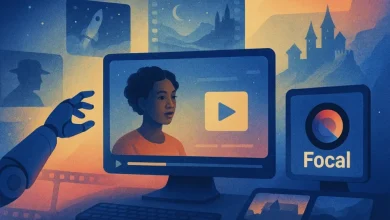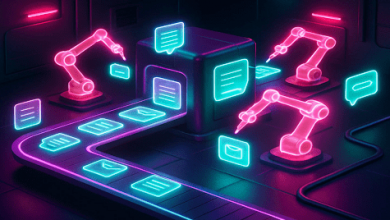How Universities Are Preparing Students for the Future of Work

The Shifting Landscape of Higher Education
The global job market is undergoing a period of rapid change. Automation, digital transformation, and the rise of new industries are forcing both employers and educational institutions to rethink traditional career pathways. Reports from the World Economic Forum suggest that by 2030, more than one billion people worldwide will need reskilling to keep pace with technological change.
Universities, once primarily focused on academic theory, are now taking on a more dynamic role: preparing students with the skills, adaptability, and real-world experience required in an uncertain future. This shift is not only about updating course content but also about changing the very mindset of education, moving from static knowledge transfer to fostering critical thinking, creativity, and lifelong adaptability.
Aligning Education With Industry Needs
One of the most critical challenges facing higher education is the so-called “skills gap” — the mismatch between what students learn in classrooms and what employers demand. Companies are increasingly seeking candidates who not only possess technical expertise but also problem-solving abilities, communication skills, and adaptability.

Forward-looking institutions are responding by:
- Partnering with industry to co-develop curricula
- Introducing digital and hybrid learning models
- Offering practical training through internships and applied research
This approach ensures that students graduate with more than just theoretical knowledge. They gain the confidence to apply concepts in real situations, work in diverse teams, and adapt to the constant evolution of workplace technology. In many cases, universities are even inviting business leaders, entrepreneurs, and industry experts into classrooms to bridge the gap between academia and practice.
A Case in Point: Innovation in Kosovo’s Higher Education
Kosovo, one of Europe’s youngest nations, is also becoming home to some of its most ambitious higher education reforms. Institutions such ashttps://aab-edu.net/en/ are aligning their study programs with global industry trends.
By offering internationally recognized programs in fields such as business, technology, and media, alongside strong partnerships with European universities, AAB ensures its graduates are not only academically prepared but also career-ready. The university emphasizes practical training, digital skills, and research opportunities – helping students compete in both regional and international job markets.
What makes this approach even more notable is the focus on equipping students with transferable skills that remain relevant across industries. Whether graduates choose to pursue entrepreneurship, corporate careers, or public sector roles, they are equipped with both the technical know-how and the soft skills employers consistently highlight as essential.
The Rise of Lifelong Learning
Another defining trend in higher education is the recognition that learning does not end at graduation. Professionals in every industry now require continuous development to remain competitive. Platforms such as Coursera and LinkedIn Learning are already popular, but universities are also beginning to offer short-term certificates and micro-credentials to meet this demand.
In many regions, employers are encouraging workers to pursue these additional learning opportunities by offering sponsorships, stipends, or time off for professional training. This demonstrates that the relationship between education and employment is becoming increasingly collaborative, where both sides benefit from continuous growth.
In this way, higher education is becoming less about a single degree and more about a lifelong journey of skill-building and professional growth. A graduate of today may return multiple times throughout their career to gain new expertise, whether in artificial intelligence, data analysis, sustainability, or leadership.
Looking Ahead
The future of higher education will be defined by flexibility, innovation, and collaboration. Universities that embrace partnerships with industry, adapt curricula to global trends, and provide accessible lifelong learning opportunities will be best positioned to prepare students for the challenges ahead.
For students, this means not just earning a degree, but developing the skills and resilience to thrive in a world where change is the only constant. Success will belong to those who see education as an ongoing process, one that evolves alongside the shifting demands of the global economy.

Source: How Universities Are Preparing Students for the Future of Work




